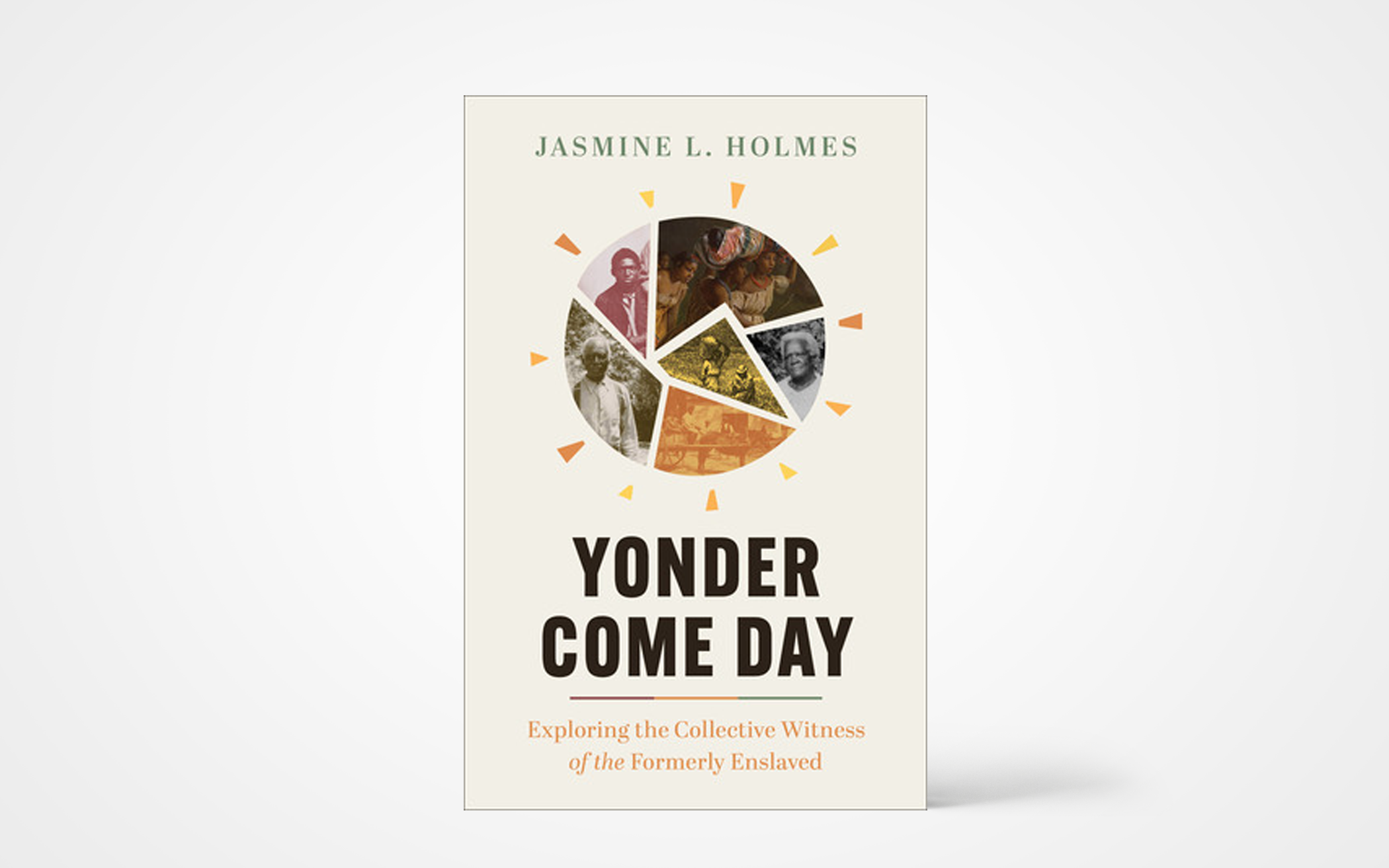When author Jasmine Holmes first encountered Slave Narratives: A Folk History of Slavery in the United States from Interviews with Former Slaves, she distrusted the narratives because of their positive depictions of slavery, which, she assumed, were influenced by the white interviewers’ biases. The 17-volume work of 3,000 interviews with formerly enslaved people was gathered in the 1930s as part of the New Deal's Federal Emergency Relief Agency arm. It included the Works Progress Administration Federal Art Project, which created job opportunities for white-collar workers like artists, actors, writers, and more.
Though Holmes initially felt there were too many weaknesses in the interviews’ depictions of slavery to take them seriously, she eventually returned to the document to discover more about enslaved family relationships. When she approached the document as a historian and not as a casual reader, her perspective changed: “I saw the spaces where the enslaved hedged a bit with their answers: ‘My master was kind, but I did hear stories about other masters who weren’t.’ I saw places where interviewers asked leading questions: ‘Slavery wasn’t all bad, was it?’ I saw spots where the desperation of the Great Depression shone through: ‘I miss slavery because I got to eat every day.’”
Despite the limitations of the narratives, Holmes’s passion to study the interviews intensified. But then she was faced with another issue: “How could I distill these details for a popular audience? How could I capture 3,000 stories in a book for people who probably don’t love this stuff enough to get an entire graduate degree but still want to understand what life was really like for the enslaved?”
Holmes solved her dilemma by masterfully alternating between a fictional character’s life story based on a composite sketch of the many accounts Holmes read, factual stories from the WPA narratives, and other testimonies of the formerly enslaved.
Yonder Come Day is not an easy read. Our enslaved brothers and sisters experienced atrocities so vile and destructive that one shudders to read about the depths of evil perpetrated by white enslavers against them. Yet learning about and reflecting on their suffering gives dignity to their struggle and offers insights into the ongoing legacy of slavery in the present day.
(Baker Books)
About the Author
Sonya VanderVeen Feddema is a freelance writer and a member of Covenant CRC in St. Catharines, Ontario.

